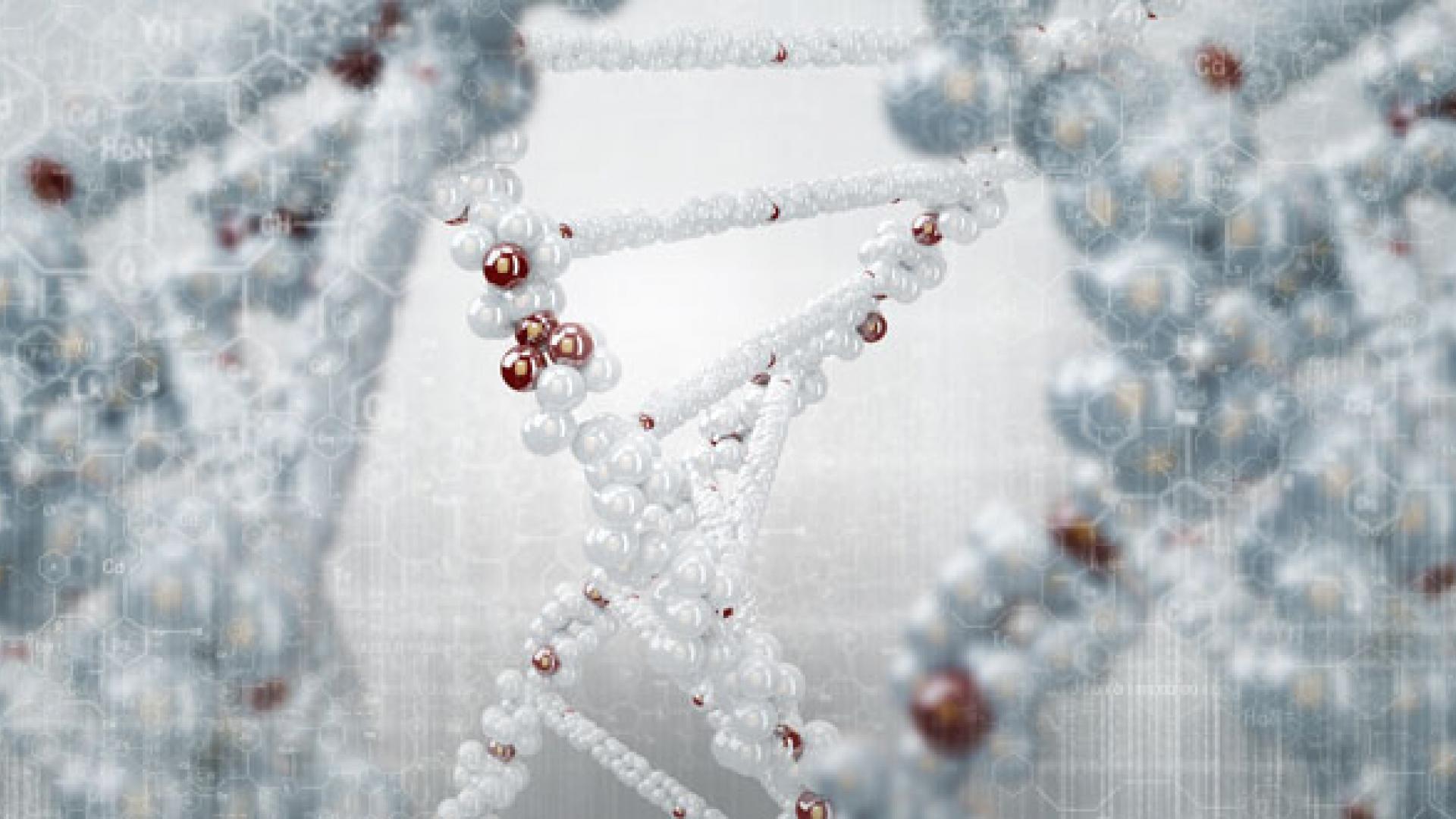KAUST researchers have developed a new mathematical model that makes the complex process of synthesizing proteins from the genes that encode them more predictable.
The multi-step synthesis pathway, which is mediated by RNA molecules, can be affected by random events, creating bursts of protein production. The KAUST model captures the factors that make this "noise" in protein production and that may provide insights into how genes are controlled and how they evolved.
Protein synthesis consists of two main stages: "transcription" of the genetic code into messenger RNA (mRNA) molecules and "translation" of the mRNA into proteins.
Study lead author Xin Gao from the University's Computational Bioscience Research Center (CBRC) explained that this is a stochastic process that “leads to variability in the abundance of gene products (RNAs or proteins) in a single cell through time or among genetically identical cells,” he said.
This variability can have far-reaching effects on the evolution and function of cells such as cancer cells and microbial pathogens—including their capacity for drug resistance.
"Bursts" of translation are thought to be the main cause of variability, especially in simple organisms like bacteria, where there are often only small amounts of mRNA. However, translation itself comprises multiple steps, including initiation, elongation and termination.
Previous models treated initiation as the only rate-limiting step in protein production, but this may not always be realistic.
“Our study was inspired by recent research showing that translational efficiency can be strongly affected by the elongation steps under stress conditions, such as when drugs are applied to pathogens,” noted Gao.
Read the full article

